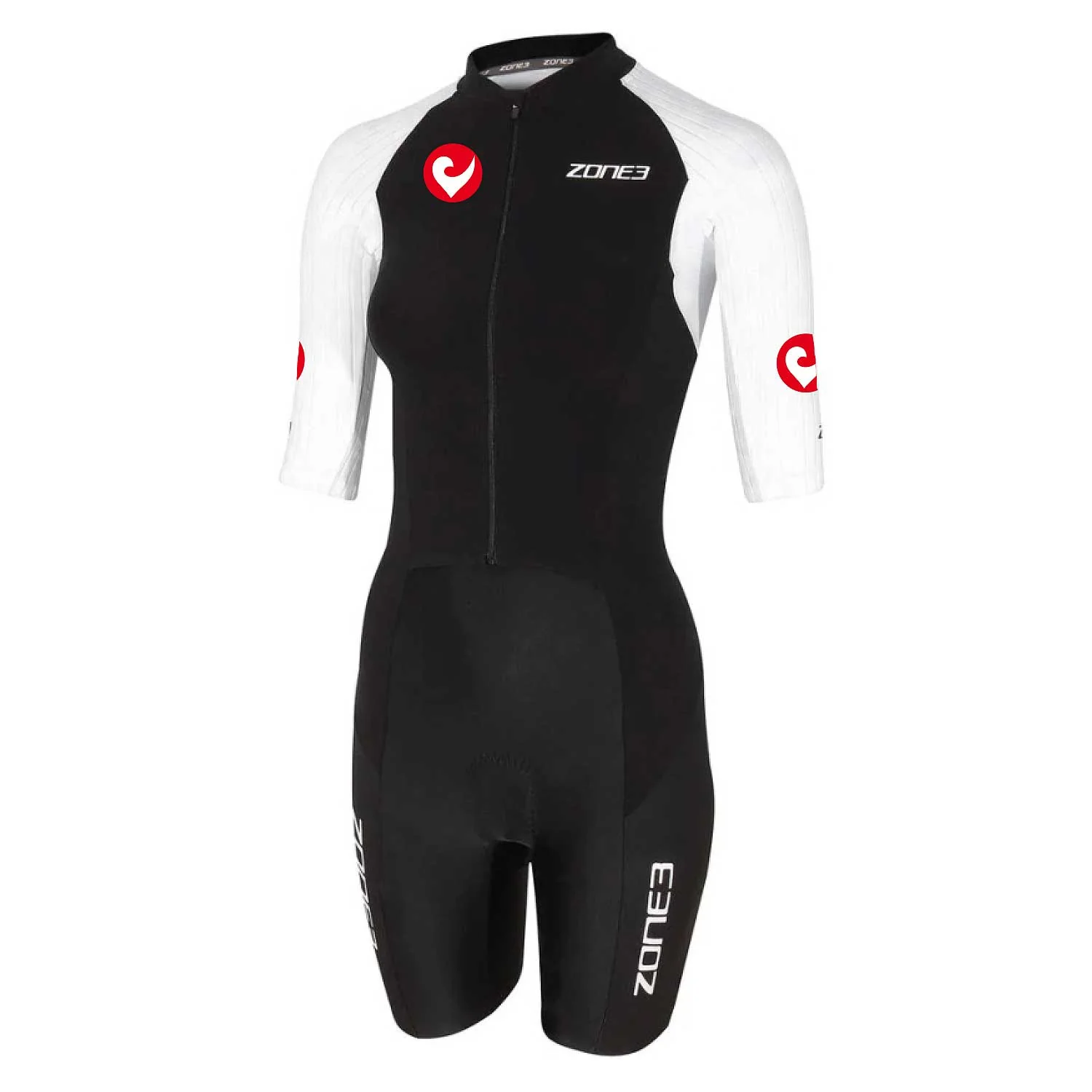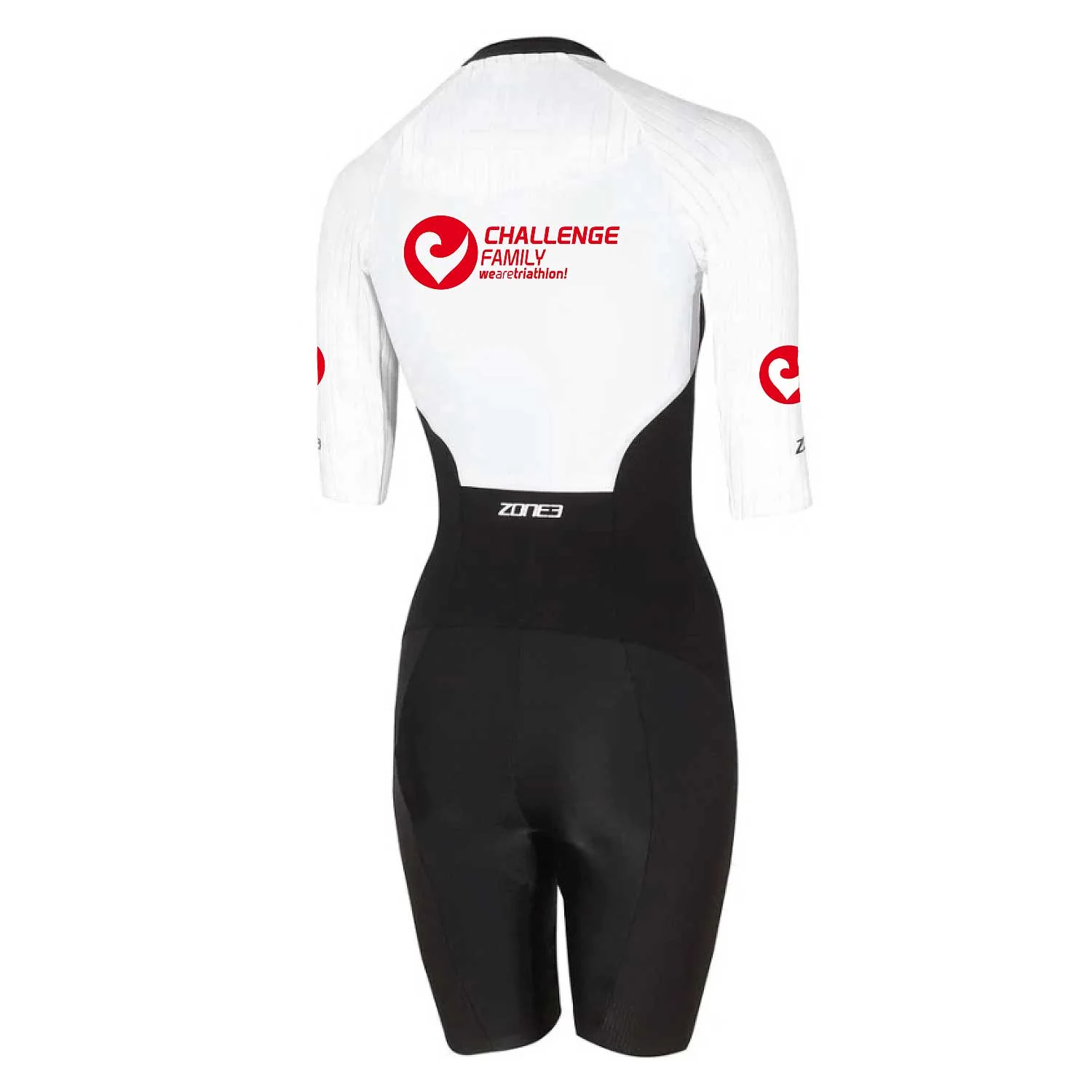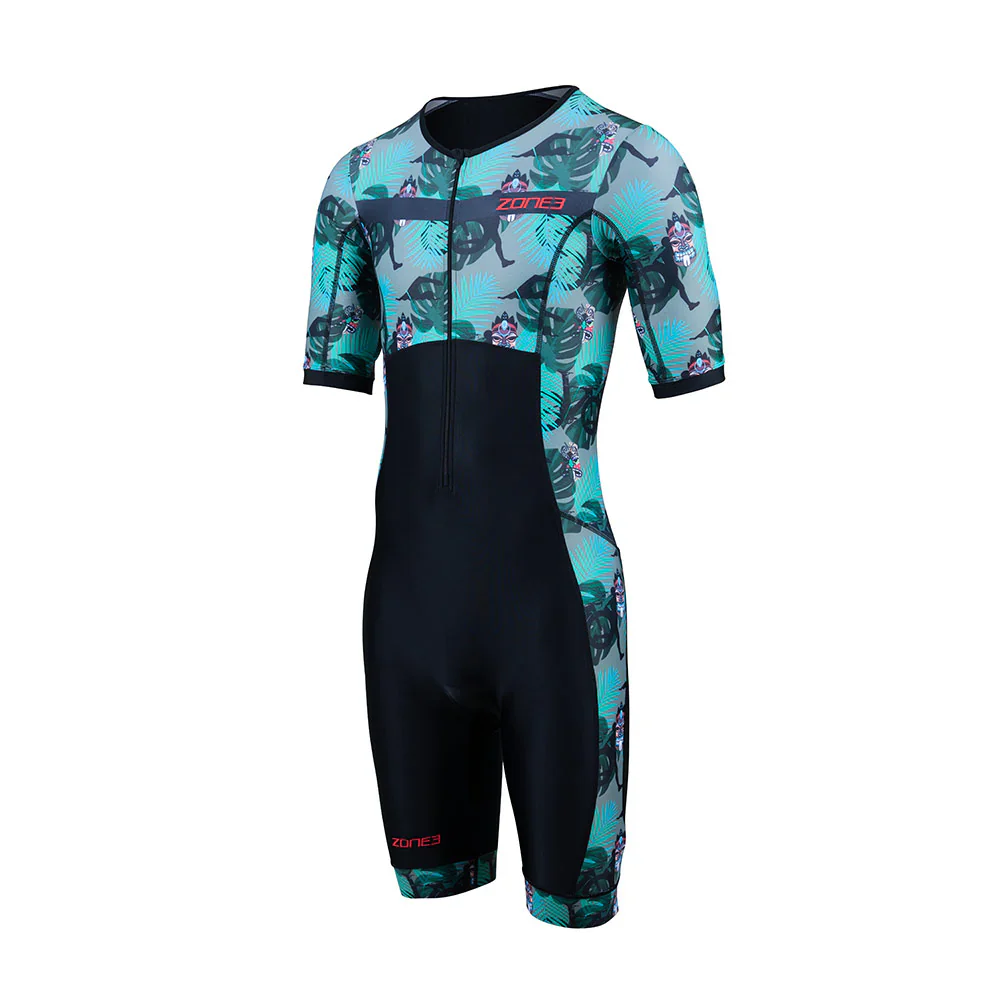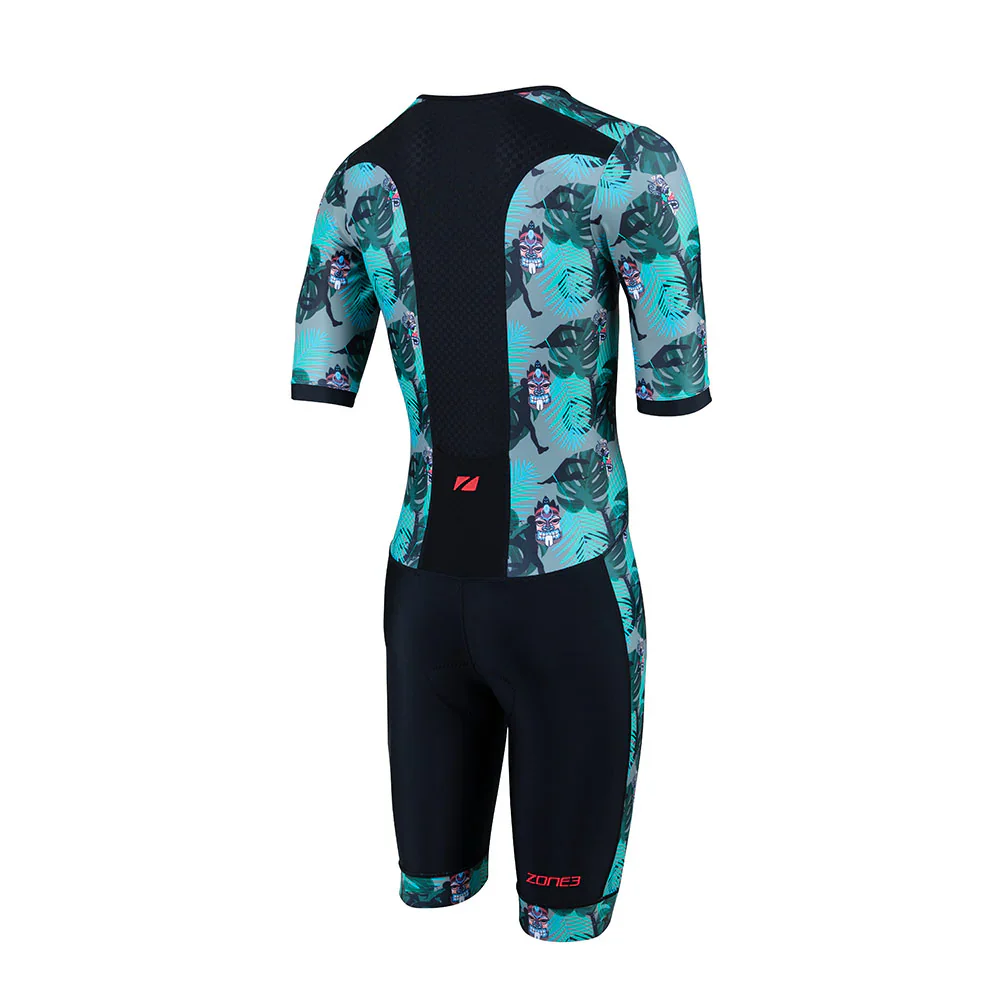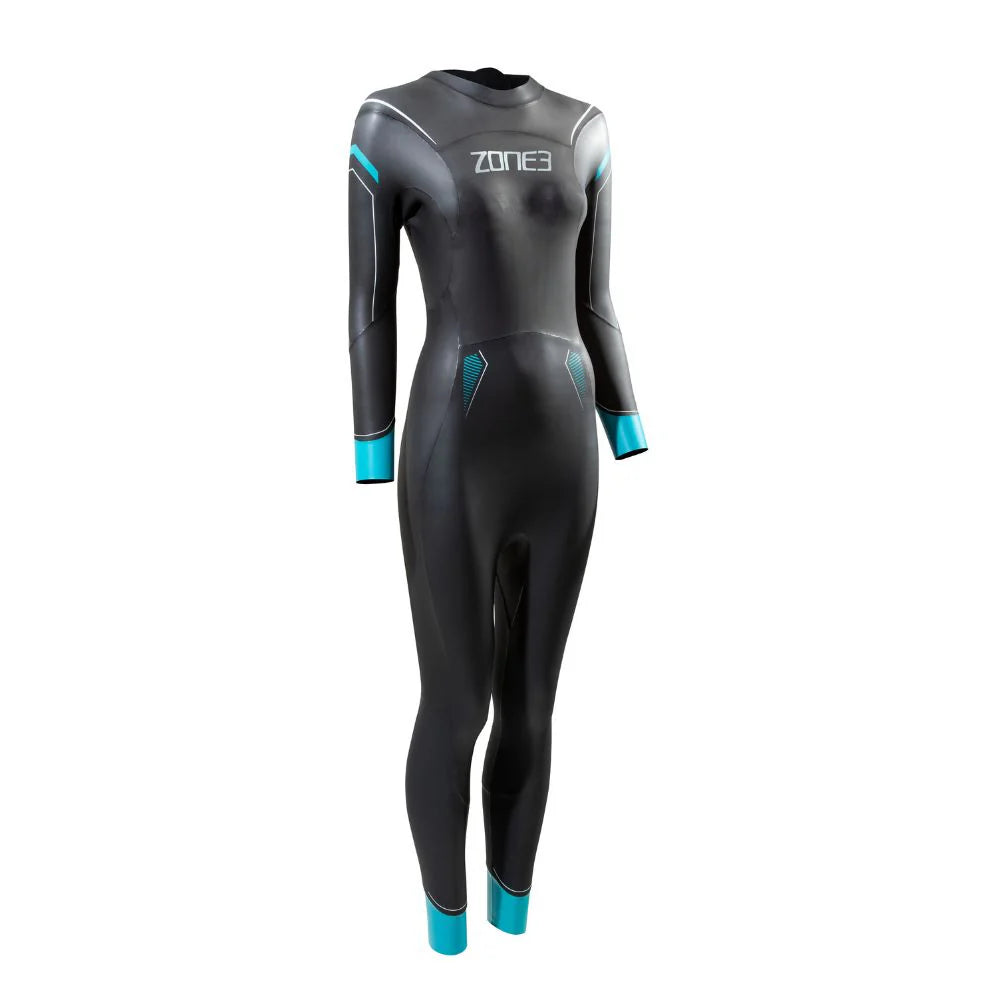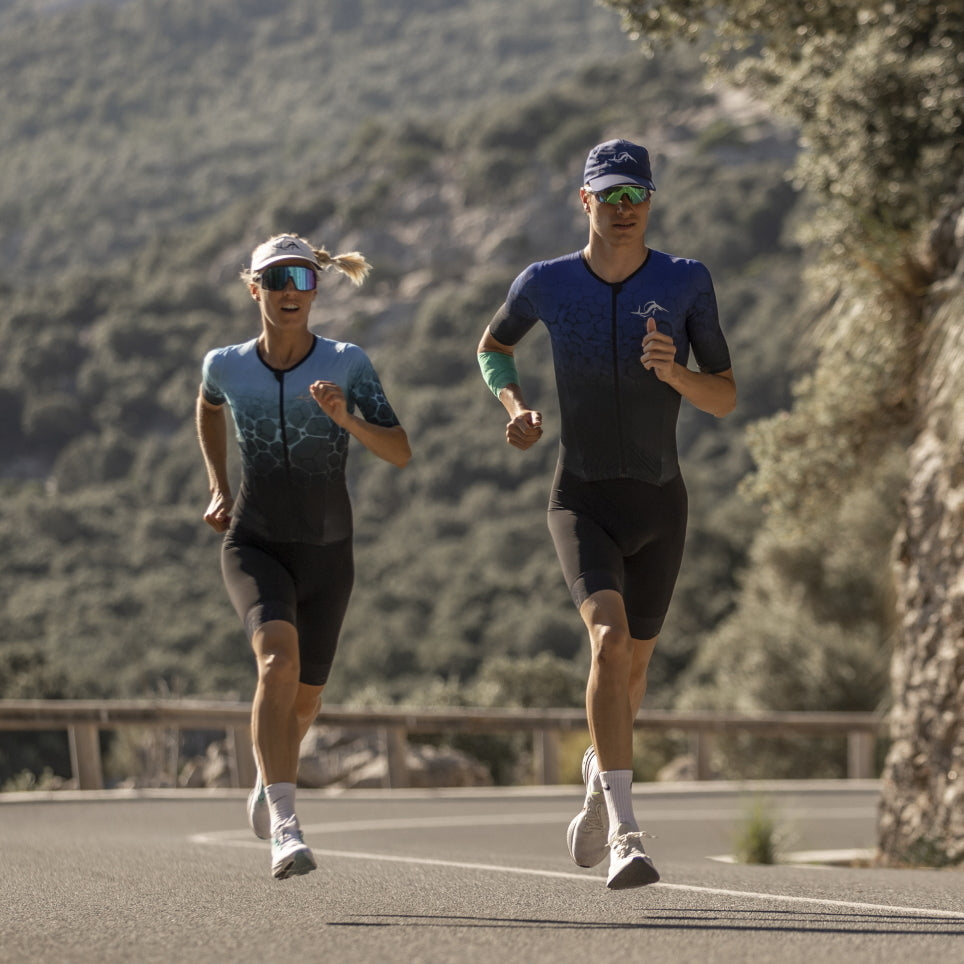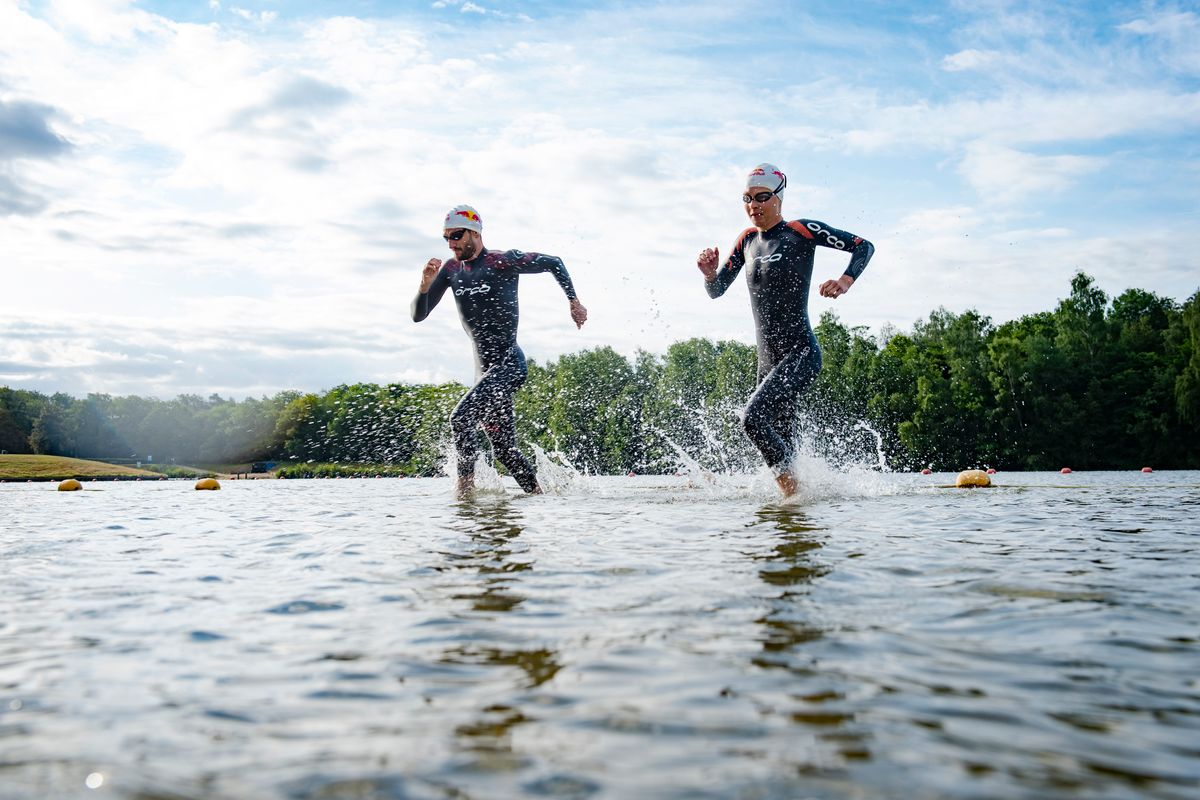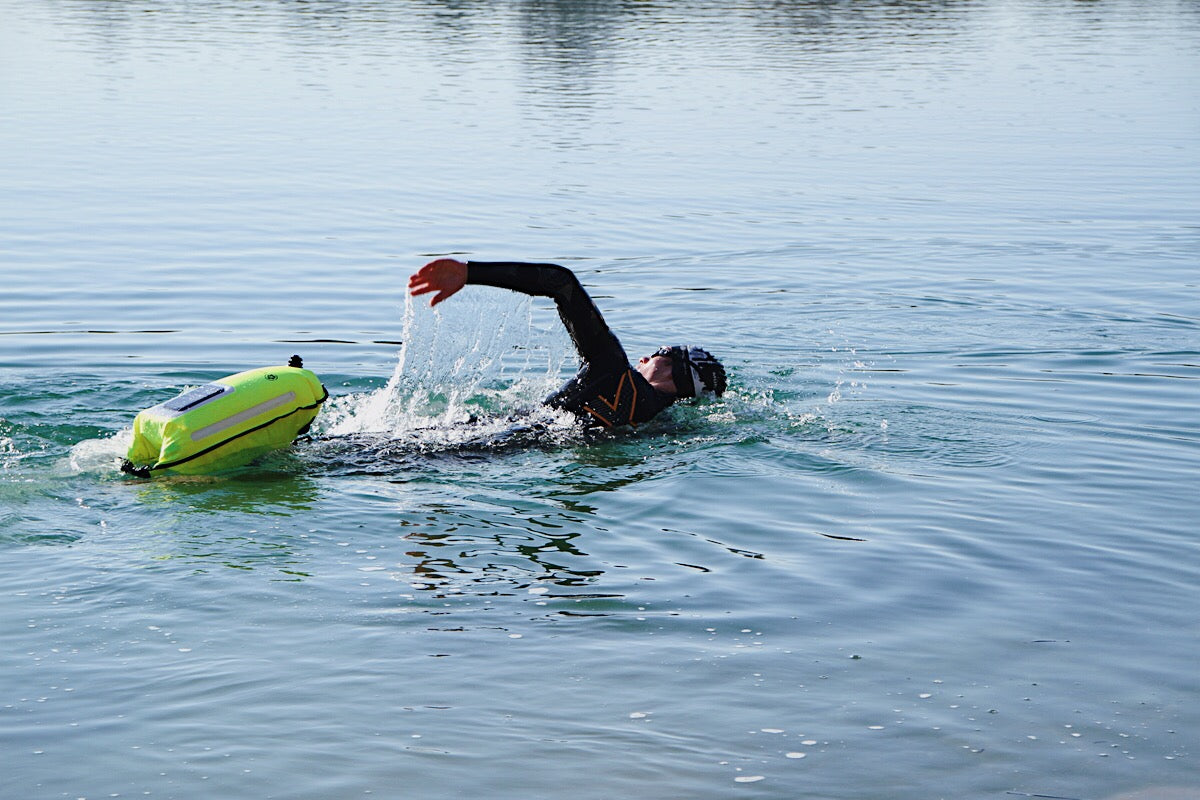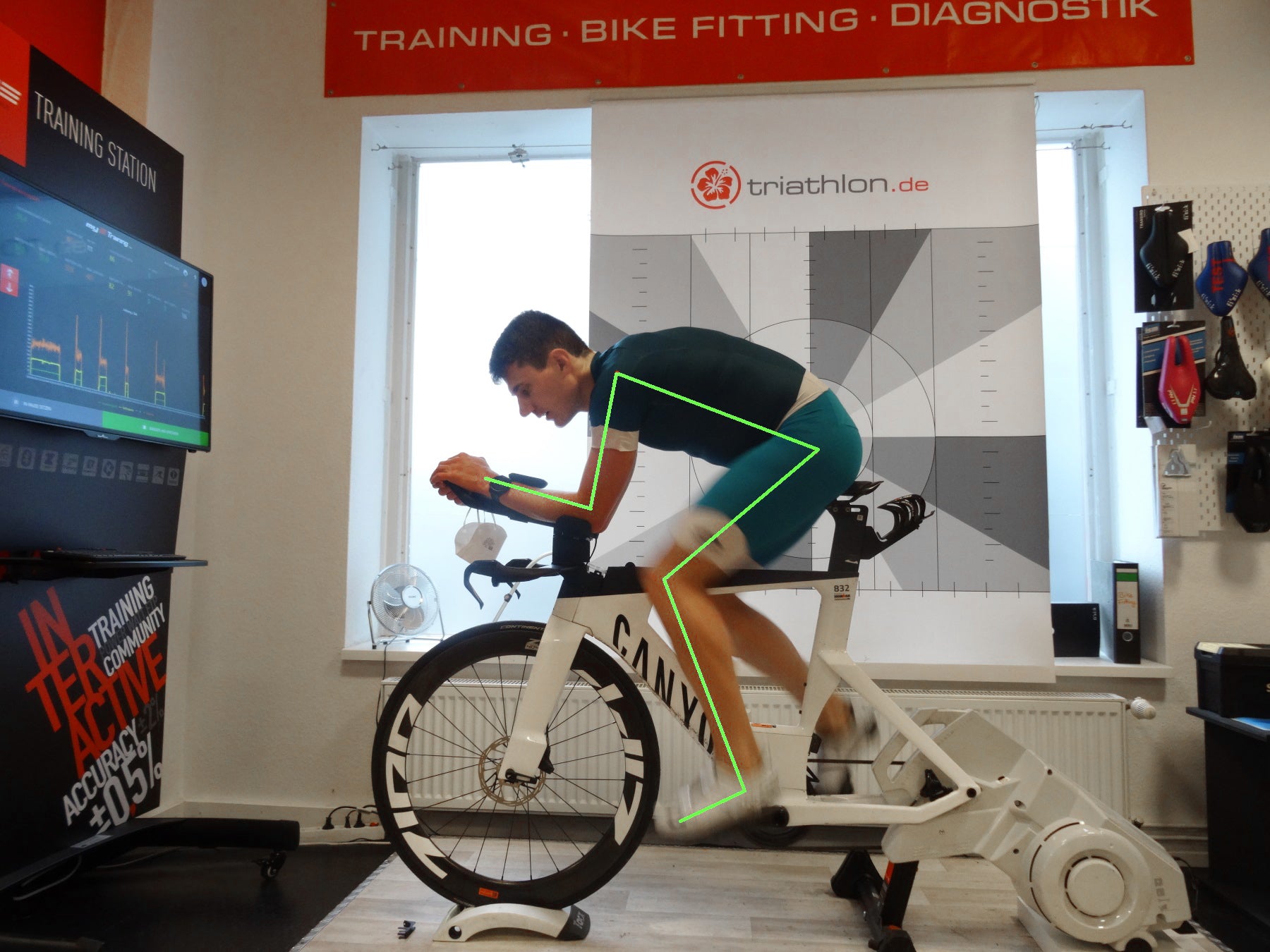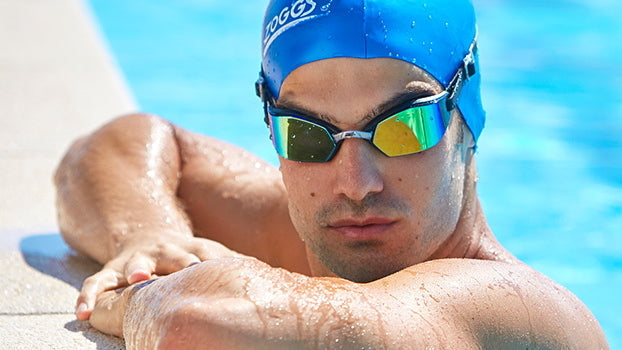Training camp means a state of emergency. Not only in terms of training, but often also in terms of nutrition. After all, when else do you use up so much energy and when else is the big buffet lurking in the morning and evening? Even if you don't have to have a nutrition plan, there are a few things to keep in mind.
Are you going to a training camp soon? Then you've definitely taken care of everything. Your bike comes in the suitcase, the sports clothes are ready days in advance and of course an extensive training plan has been forged that is waiting to be carried out.
But how do you feel about your diet during this time? No plan? Okay, you don't necessarily need an exact meal plan either, but our five nutrition points for the training camp can certainly save you from one or the other mistake and help to get the most out of your training camp or yourself.
Buffet or self catering?
There's no question that very few triathletes like to go into the kitchen to cook an elaborate meal after a long and exhausting session. When all body cells are screaming for energy, a bulging buffet is just what you need. Then it's not uncommon to shovel in until nothing works anymore.
Do not exaggerate
Unfortunately, this measure amounts to a declaration of war on the stomach. As a result, digestive problems, a feeling of fullness and, in some cases, sleep disturbances occur if too much food is eaten too late. Cooking yourself enables a precise selection of food and a targeted nutrient composition, but of course it involves a lot of effort and sometimes even higher costs.
Tip
Of course, most will not want to do without the convenience of a buffet. However, make sure to eat sensibly despite the great hunger. The feeling of satiety, if it is still there at all, usually only sets in when you can hardly get up from the table. Therefore, it is better to get small portions several times and give your stomach a break after each plate. Foods with a lower energy density and larger volume (especially lettuce and vegetables) fill you up longer and put less strain on the stomach.
How much energy do I need?
On some training days it is hardly possible to compensate for the turnover of calories that are burned during training. Sometimes the calorie consumption increases to more than 5000kcal on very extensive training days (about 2000kcal basic consumption is normal). Carbohydrates and fats are primarily burned.
dissipation of energy in the muscles
However, with medium and high intensity and/or depleted carbohydrate stores, the body is also forced to use proteins for energy production. These are taken from the muscle cells as individual building blocks in the form of amino acids. The proportion of carbohydrates in energy generation is highest during intensive training and competition.
In basic training, on the other hand, the fat metabolism can be economized through a carbohydrate-reduced diet. In addition to energy, however, micronutrients such as minerals, trace elements and vitamins are also very important in order to protect the heavily challenged immune system. The best suppliers of this are fruits and vegetables and not supplements.
Tip
Eat regularly throughout the day. In this way, a stable level of performance can be maintained. High-fiber, long-chain carbohydrates, such as whole grains, are preferable to simple carbohydrates, such as white flour products. Fats are very important as a component of all cell membranes and as a source of energy.
High-quality vegetable fats (unsaturated fatty acids) from, for example, oil, nuts and seeds should therefore be consumed daily. The proportion of proteins, preferably a combination of plant and animal sources, may also be increased at the expense of carbohydrates.
Should I give up sugar?
Often the sugar content of food cannot be seen at first glance. Whether in fruit juice at breakfast or in the muesli bar from the supermarket, large amounts of cheap sugar are usually processed. If there is no sugar intolerance, however, consuming very sugary foods immediately after an intensive or very long training session is okay. Sugar helps to quickly replenish depleted carbohydrate stores.
The consumption of simple types of sugar, such as glucose (dextrose), maltose (malt sugar) and sucrose (table sugar), causes a rapid rise in insulin. The insulin opens the doors of the cells, so to speak, in order to smuggle in the sugar from the blood. At the same time, absorbed proteins in the form of amino acids can reach the muscles through the open doors. Shortly after training, a quick regeneration of the energy stores and the muscles can be initiated.
Attention: The effect also applies to sugar and fat, which should not be combined in large quantities if possible.
Tip
Consuming sugar is not a problem immediately after training. Otherwise, simple sugar and sweets should be avoided in the basic diet as far as possible. During exercise, a piece of dextrose can certainly help you get over a slump in performance for a short time, but after a brief increase, it quickly causes the blood sugar level to drop again. This then leads to a strong feeling of weakness again.
What should I watch out for on rest days?
During the long training days, it is not possible for the body to completely renew its energetic resources. In order to be able to set a new stress stimulus after a rest day, the energy stores have to be refilled. When selecting food, care should be taken to ensure that it is varied and appropriate.
Decreased carbohydrate content
Carbohydrates, fats and proteins should be contained in approximately equal proportions. For example, 40 percent carbohydrates, and 30 percent fats and proteins each. Since basic training is generally carried out with low to medium intensity in the training camp, a reduced proportion of carbohydrates is unproblematic compared to phases of training and competition that emphasize intensity. This also helps to improve the proportion of fat burning in energy production.
Since energy expenditure drops significantly on rest days, food intake should also be reduced.
Tip
Rest days are used for physical and mental recovery from hard training loads. Eating should also be increased on these days with more relaxation and conscious enjoyment.
What should I watch out for after the training camp?
It is also important to eat consciously after the training camp. Now that you've tried to optimize your training and nutrition for the duration of the training camp, the time immediately after your return is just as crucial for a successful increase in performance.
While the energy stores regenerate within a few days, other structures and systems, such as the muscles and the cardiovascular system, need much longer to reach their full performance level again. The nutritional strategy can in turn have a positive influence. Damaged muscle fibers are renewed and cellular damage repaired. High-quality proteins and fats provide your body with optimal building blocks.
However, the carbohydrate stores are very limited and quickly replenished, so reducing carbohydrates in the regeneration phase after the training camp is recommended.
Tip
Overall, the calorie gain should be significantly reduced after the training camp. This not only helps to calm down the stomach, which is also in urgent need of regeneration, but also to avoid weight gain. It is helpful to increase the proportion of proteins. These ensure better satiety like carbohydrates and help to build new muscle cells faster.







